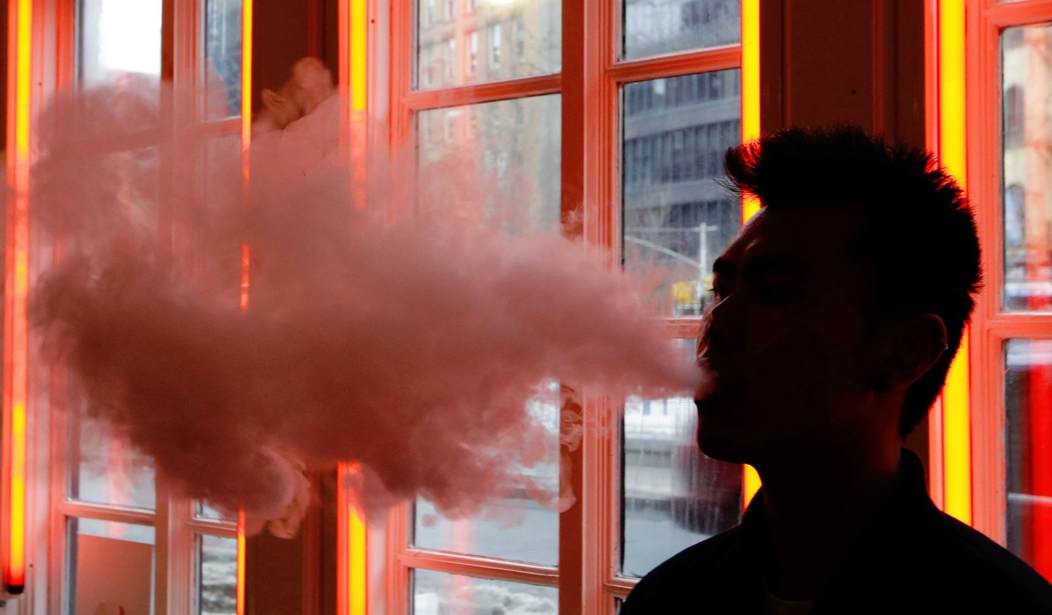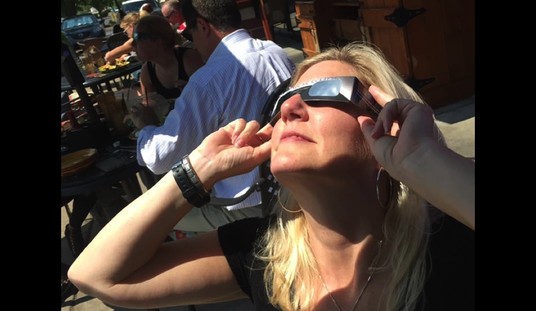Youth tobacco and vaping use is a widespread problem that has been on the rise for years. According to a recent Center for Disease Control (CDC) report, nine out of 10 adults who smoke today, tried their first cigarette by the age of 18. And the 2019 National Youth Tobacco Survey (NYTS) on e-cigarette use reports that more than five million U.S. middle and high school students are current e-cigarette smokers or have used an e-cigarette within the past 30 days.
This is an alarming rate and concerns have arisen about the levels of youth use as they are at a higher risk for nicotine addiction. Also, evidence shows that youth exposure to nicotine can adversely affects brain development in minors. It is clear that there is a problem with underage use, and Indiana’s Senate Bill 142 offers one possible solution to this massive problem.
The reality is that minors are getting access to these products much too easily. According to a recent report, minors’ purchase attempts of vaping products are 35 percent less likely to trigger an ID request and 42 percent more likely to result in a sales violation, compared to purchase attempts for cigarettes. According to the 2020 Monitoring the Future Survey, about 60 percent of 10th grade students say it is easy to get vaping devices and e-liquids.
SB 142 addresses the source of the problem by making it a Class C infraction if any person or retail establishment sells tobacco, e-liquid, or e-cigarettes without performing age verification with scanning technology or automated software. There are laws already on the books to limit underage use, but in regard to the implementation of said laws, there are gaping holes on enforcement. SB 142 changes that.
E-cigarettes and vaping products are newer products on the market. There are tried and true ways to limit the underage use and exposure to tobacco, alcohol, and gambling. There is no reason to reinvent the wheel or take individual liberties away from consenting adults to address underage use. SB 142 reinforces existing law to address underage use by increasing penalties for retailers that don’t take age verification seriously.
Supporters of such policies suggest that age-verification works for limiting access to tobacco and vape products by strengthening protections. SB 142 is a positive step to address underage use by creating stronger barriers to access such products. Not to mention technological advancements improve our daily lives, and this is just another example. Adults should continue to have access to these products, and ways to ensure that is the case is by enforcing the laws that exist to limit access for minors. I hope the Hoosier state considers this policy as a positive step toward improved public health.
Christina Herrin ([email protected]) is the government relations manager at The Heartland Institute, a nonpartisan, free-market think tank headquartered in Arlington Heights, Ill.














Join the conversation as a VIP Member